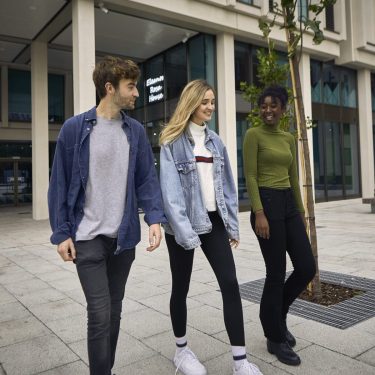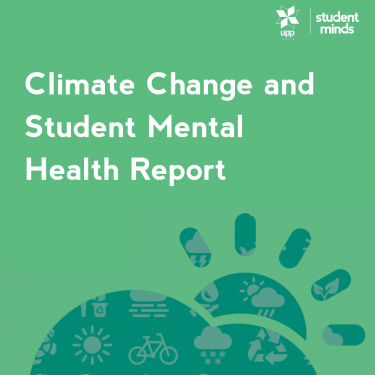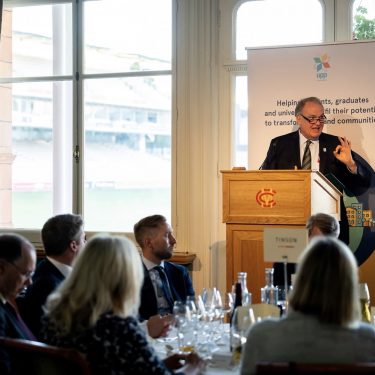Response to HEPI’s new publication Making universities matter: How higher education can heal a divided Britain
In response to HEPI’s new publication Making universities matter: How higher education can heal a divided Britain, Richard Brabner Director of UPP Foundation said:
“This is an important and timely report examining ways the university sector can build its relevance to places socially and economically left behind.
Recent polling for the UPP Foundation found that people living in towns, cities and villages alike care most about issues such as housing, local NHS services and the high street, yet the polling also revealed public priorities are significantly different between regions.
While Westminster politicians may have good intentions it is incredibly difficult to design national schemes or programmes to level up disparate places, because their needs and challenges are based on the context of their locality.
Government should utilise the knowledge and capabilities of local institutions like universities to help drive the levelling up agenda. While only 21% of people think their MPs are doing a good job in their local area, civic institutions such as sports clubs, cultural organisations, universities, charities, local business and hospitals are seen to be doing a better job for their communities. These are the organisations, embedded in their local communities, who will be key to revitalising towns and cities. They, unlike government departments in London, are more likely to understand the real needs of their communities.
With 59 universities pledging to develop a Civic University Agreement there’s real appetite amongst universities to support ‘left behind’ places in their regions. However, just as decision making in a remote office in Whitehall is unlikely to deliver, neither will decision making in local institutions if they do not engage comprehensively in their communities. Nationally we found that over a third of people (36%) have never visited their local university rising to 41% of C2DE social economic groups. To grow support with the public, and to ultimately be trusted to help deliver the levelling up agenda, universities and civil society more generally need to demonstrate value to all in society, not just those who typically use them.”
NOTES TO EDITORS
- The UPP Foundation is a registered charity that offers grants to universities, charities and other higher education bodies. It aims to tackle the biggest issues facing the higher education sector across the UK. In recent years, as higher education has expanded, the burden of paying for a degree has shifted towards the individual. This presents difficulties in maintaining the ‘University for the Public Good’, as well as ensuring there is greater equity in going to, succeeding at and benefiting from the university experience. The UPP Foundation helps universities and the wider higher education sector overcome these challenges.
- The UPP Foundation was created in 2016 by University Partnerships Programme (UPP), the UK’s leading provider of on-campus residential and academic accommodation infrastructure. UPP is the sole funder of the UPP Foundation, which is an independent charity and has its grants reviewed and authorised by a Board of Trustees.
- Polling was conducted by Public First a specialist public policy and research consultancy that helps organisations understand and influence public opinion through research and targeted communications campaign, and to craft policy ideas that Governments can realistically apply to difficult issues. Public First is a member of the British Polling Council and a company partner of the Market Research Society and abides by all the requirements of those institutions.
- Fieldwork for the poll was carried out online between the 10th December-17th December 2019. Sample size was 2006 UK adults and the results are weighted by age, gender, region, Social Grade, 2017 General Election vote and 2016 EU Referendum vote. Target proportions are derived from census data and election results.
- Results of the polling can be found here
- Lord Kerslake, co-author of Making universities matter: How higher education can heal a divided Britain, was the chair of the UPP Foundation Civic University Commission, which published its final report in February 2019








